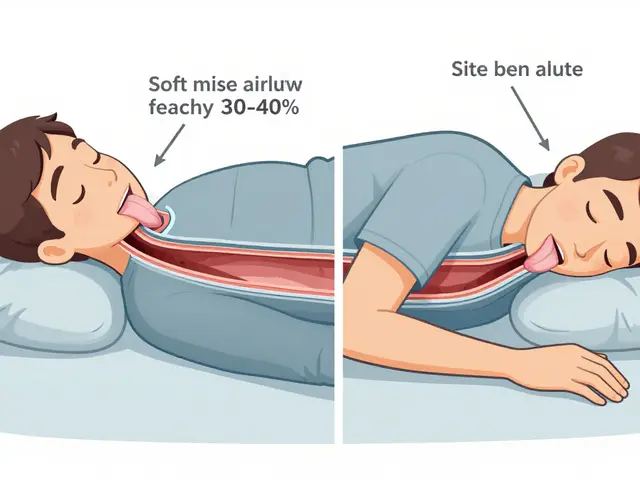2025 Depression Treatments: What Works Now and How to Stay Safe
Depression care changed a lot by 2025. You still have familiar options—SSRIs like sertraline (Zoloft) or escitalopram—but there are more fast-acting choices and better ways to combine treatments. This page helps you spot what’s new, what actually helps, and how to keep yourself safe when choosing meds or online services.
Fast options and modern treatments
If traditional antidepressants take weeks to help, newer clinic treatments can move faster. Esketamine (Spravato) and IV or nasal ketamine are now routine for treatment-resistant depression in supervised clinics. They can reduce suicidal thoughts quickly for some people, but they require monitoring for side effects and often come with high costs.
Transcranial magnetic stimulation (rTMS) and newer forms of brain stimulation are effective when meds haven’t worked and don’t cause the sexual or weight side effects that some drugs do. For postpartum depression, brexanolone remains an option delivered in-clinic with close supervision.
On the medication side, SSRIs and SNRIs are still first-line for most cases. Bupropion is a good choice when fatigue or sexual side effects are a concern. Know that some non-psychiatric meds — for example, hormone therapies — can affect mood, so tell your prescriber about all medicines you use.
Practical steps: choosing treatment and staying safe
Start by getting a clear diagnosis. Ask your clinician how severe your depression is and which treatments match your goals. If you try an SSRI, give it 6–8 weeks at a tolerable dose before deciding it didn’t help. Track mood, sleep, appetite, and any new symptoms in a simple journal — this helps your doctor adjust treatment faster.
If you’re considering clinic-based ketamine or rTMS, ask about expected benefits, side effects, session schedules, and total cost. Insist on licensed staff and a written plan that covers follow-up care.
Thinking of buying meds online? Use only NHS-registered or well-known, verifiable pharmacies. Avoid sellers that don’t require a prescription, offer unrealistic discounts, or hide contact details. Read pharmacy reviews, check registration, and keep a copy of any prescription you send.
Watch for common side effects: SSRIs can cause nausea, sleep changes, sexual problems, or weight shifts. If you notice worsening mood or suicidal thoughts, contact your clinician or local emergency services immediately. Don’t stop meds suddenly — tapering matters.
Therapy still matters. Cognitive behavioral therapy (CBT) and behavioral activation work well alone or with meds. Digital therapy apps can help bridge wait times, but choose programs with licensed therapists or clear clinical backing.
Small daily steps add up: regular sleep, movement, cutting back on alcohol, and social contact improve treatment response. If you’re unsure what to try next, ask for a second opinion or a specialist referral.
This tag collects articles on specific drugs, online pharmacy safety, alternatives, and practical how-tos. Use them to compare options, learn drug-specific side effects, and make a safe plan with your clinician.





